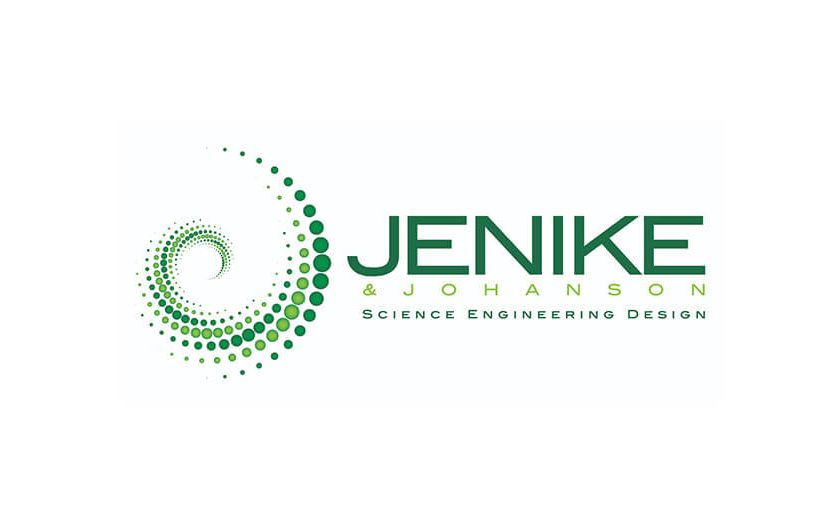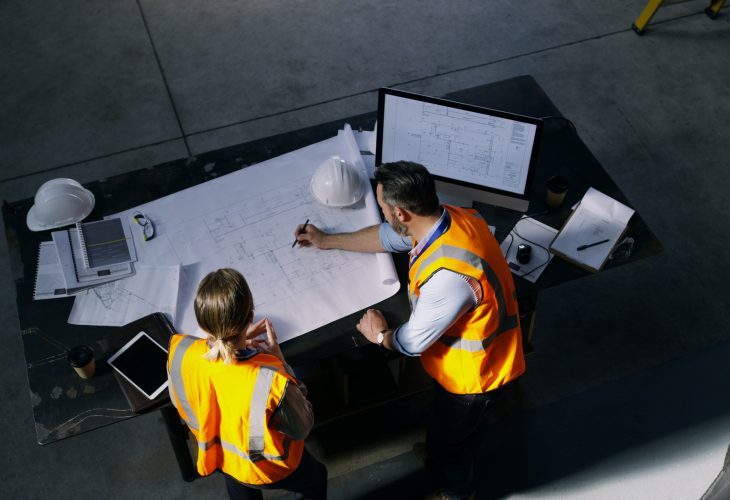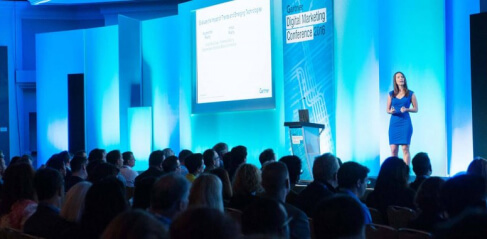
How — web ? conference ? in-house ?
I know, I know, you have likely heard this analogue as a rip-off from the famous “drink milk” marketing campaign [1] that started in the early 1990’s. Pretty effective though, right? So, do you or a colleague need training on powder and bulk solids handling, storage, conveying, or processing? If so, what mode of training do you select? For instance, training can come in many forms, including:
- Web-based
- Conference
- Customized in-house course
Web-based training is certainly attractive due to its highly-mobile nature where you can participate typically on your own schedule needs with availability 24/7. The web-based training can be comprehensive, but, in general, I find that in the arena of bulk material handling, it can be fairly limited and introductory in nature. This does serve a need however, whereby some folks may only need a “101-level” training session for instance on “what is a bulk solid” or “what are common flow problems in silos or hoppers”. Web-based training can help the trainee with “awareness” of a technology, process, or basic theory. To increase the comprehensiveness of web-based training for bulk material handling, we developed two web-based courses titled “Flow of solids in bins, hoppers, feeders, and chutes” and “Pneumatic conveying of bulk solids” and offered through the American Institute of Chemical Engineers (AIChE).
A conference can be highly effective for training because there are often multiple sessions on a variety of technology tracks for a trainee to gain a wide exposure to several different topics. Powder and Bulk Engineering magazine typically offers an annual P&BE regional conference/exposition, while UBM/Canon (and Powder and Bulk Solids magazine) offer a biennial large conference/exposition, as well as an annual smaller region event. Often the courses at a conference are two to four hours in length, which can provide a more in-depth training opportunity. The downside is that time for the trainer to answer technical questions may be limited, and as a result, the interactive process to check for training effectiveness is lost. This essentially becomes more of a “presenting” opportunity vs. true “training”. Another benefit to attending a conference is the opportunity to meet other professionals, network, and possibly visit an adjoining exposition to review actual industrial equipment.
An in-house course, which will typically be customized to meet the training needs of your staff, can be a very cost-effective and productive training opportunity for multiple trainees held over one to three days. The trainer should be able to craft the course content to be highly relevant for the trainees to maximize their learning and integration into the training event. Often unique case studies are selected and presented to generate trainee engagement and generate discussion. At Jenike & Johanson, we have delivered a wide variety of training events around the world. Our in-house courses are world-renown for their solid technical basis, professional delivery, and targeted content. If you don’t need an in-house course, then you can always consider a short web-course or conference to bolster your solids handling knowledge! We look forward to seeing you at an upcoming J&J training event! Why not start with our upcoming one-day course at our Tyngsboro, Massachusetts office this July 17?!



